As Kenya sets its sights on the 2027 elections, President William Ruto finds himself at a crossroads: should he fully support his Deputy President Rigathi Gachagua and risk alienating Mount Kenya voters, or navigate a delicate balancing act to maintain unity within the Kenya Kwanza alliance?
The stakes are high, with the potential for internal fractures that could weaken Ruto’s political prowess and open the door for splinter parties.
Mount Kenya’s Indispensable Influence
Mount Kenya has long been a linchpin in Kenyan politics, boasting a formidable voting bloc that can sway election outcomes.
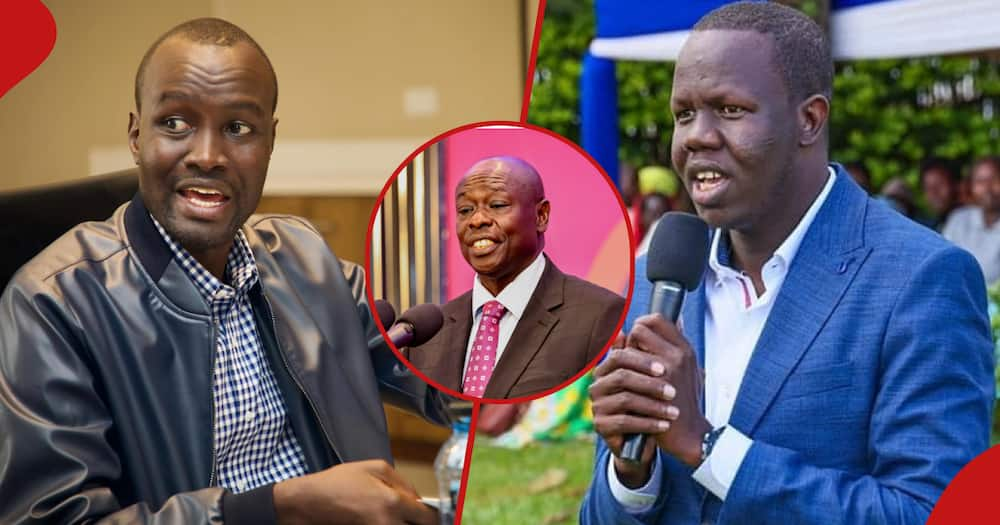
Deputy President Gachagua’s roots in this region endow him with substantial support from its voters. Dr. Mercy Omondi, a political analyst, underscores this, stating, “Mount Kenya’s backing isn’t just about numbers; it represents a stronghold crucial for any presidential hopeful’s success.”
Mount Kenya voters have exhibited steadfast allegiance to their regional leaders, making any perceived neglect a risky proposition.
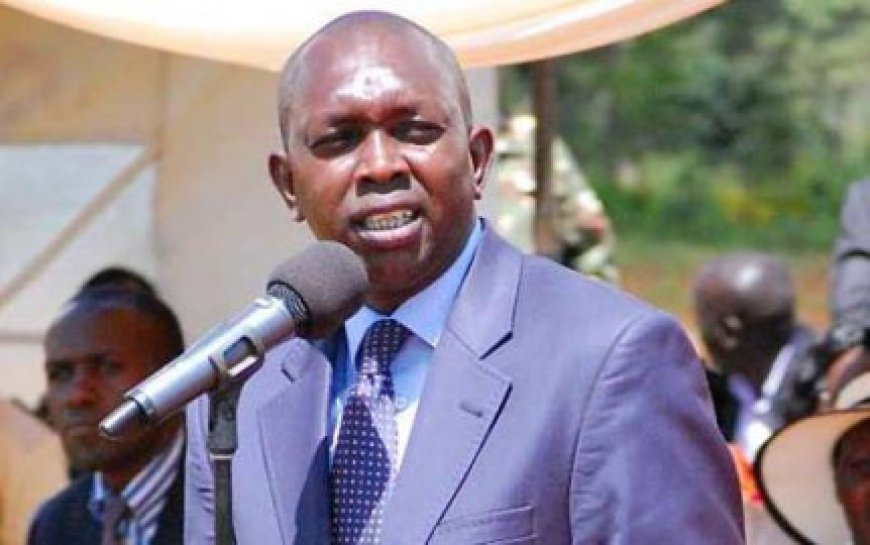
By tacitly condoning attacks on Gachagua, President Ruto risks sowing seeds of betrayal among these voters. Such disillusionment could prompt a seismic shift in political allegiances, spelling trouble for Ruto’s camp.
John Mwangi, a political commentator, warns, “Ruto’s ascendancy hinges on maintaining a united support base. Disaffecting Mount Kenya voters by undermining Gachagua could trigger a backlash that fractures the Kenya Kwanza coalition.”
The Specter of Splinter Parties
Kenya’s political landscape has witnessed the birth of splinter parties amidst internal strife within major coalitions. An escalation in the Ruto-Gachagua rift could birth new factions within Mount Kenya, diluting Kenya Kwanza’s electoral clout and bolstering opposition parties.
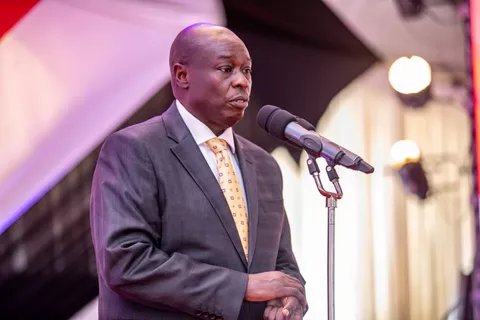
Political strategist Jane Njeri cautions, “The specter of splinter parties looms large if internal discord within Kenya Kwanza persists. Ruto must ensure Gachagua and his supporters feel valued and integrated to avert such outcomes.”
With the 2027 elections looming, unity within the Kenya Kwanza alliance becomes paramount. A cohesive front is pivotal in articulating a compelling agenda to voters.
Internal rifts can be exploited by rivals, imperiling the coalition’s electoral prospects.
Samuel Karanja, a political analyst, underscores this, asserting, “Ruto must prioritize coalition unity. By championing Gachagua’s cause and addressing Mount Kenya’s concerns, he can fortify Kenya Kwanza’s unity ahead of the 2027 polls.”

Strategic Imperatives for Ruto
To navigate this intricate political terrain, President Ruto must:
- Publicly Endorse Gachagua: Affirming support for Gachagua publicly can assuage Mount Kenya voters’ concerns about regional representation.
- Resolve Internal Conflicts: Behind-the-scenes dialogue to resolve coalition grievances is essential for fostering unity and inclusivity.
- Inclusive Policy Formulation: Engaging Mount Kenya leaders in policy formulation bolsters their sense of ownership within the coalition.
President Ruto’s path forward demands finesse to avoid alienating Mount Kenya voters while maintaining unity within the Kenya Kwanza coalition.
The risk of internal fractures and splinter parties underscores the imperative for strategic leadership. As Dr. Mercy Omondi aptly encapsulates, “Unity within coalitions is non-negotiable in Kenyan politics. Ruto’s adept management of internal dynamics and Mount Kenya’s support is pivotal for success in 2027.”


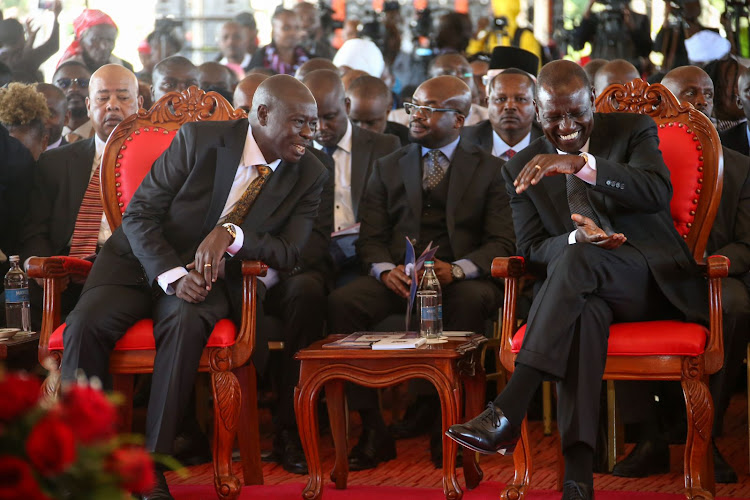
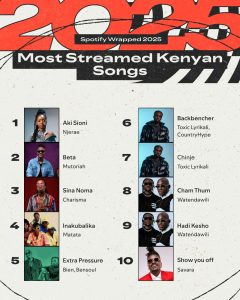



More Stories
AERC Opens High-Level Summit to Shape Africa’s New Development Agenda
IFC Boosts Africa’s Vaccine Drive with Biovac Cholera Trial Launch
Air France–KLM Reports KSh181B Q3 Profit, Steady Africa Operations